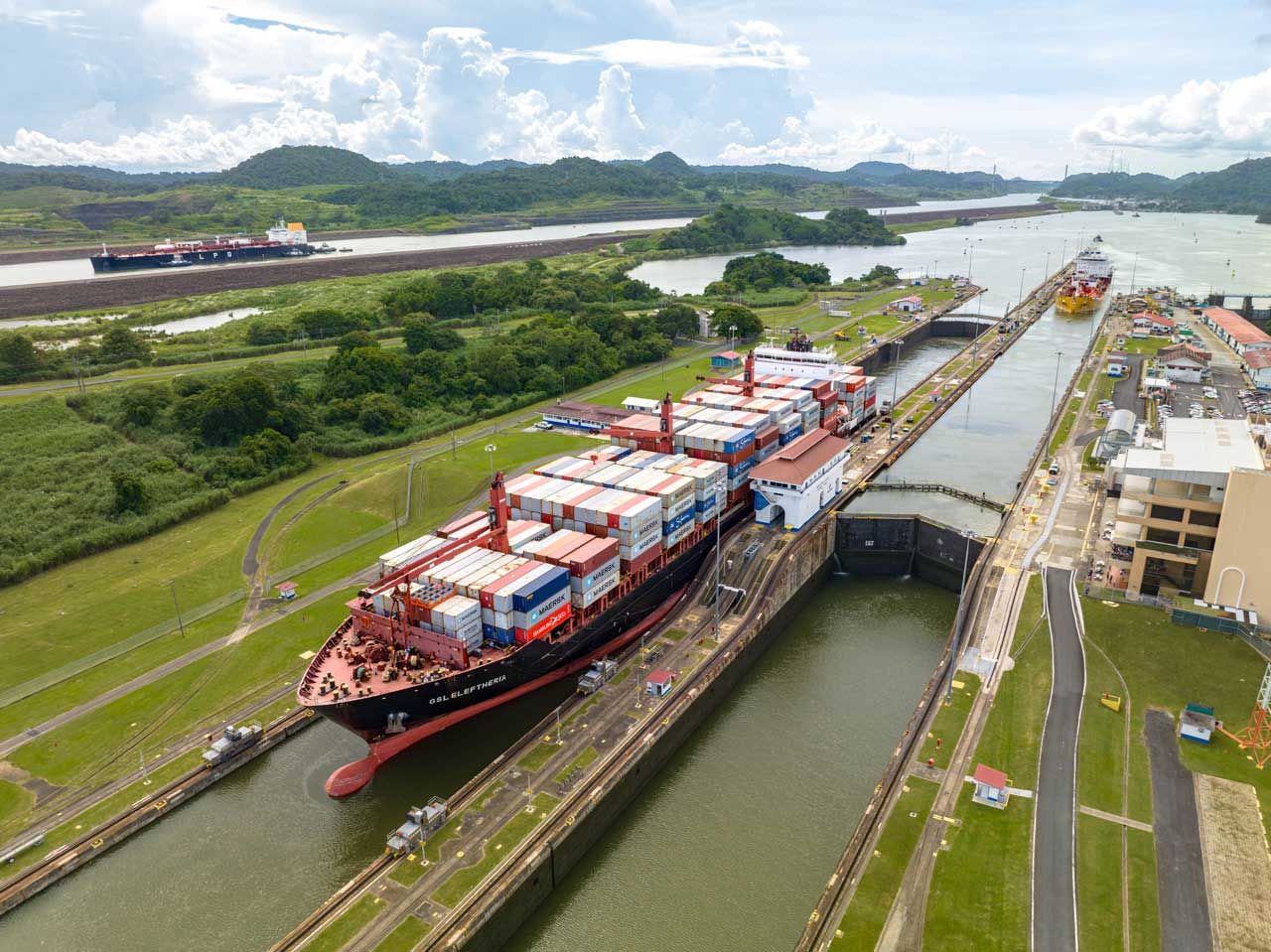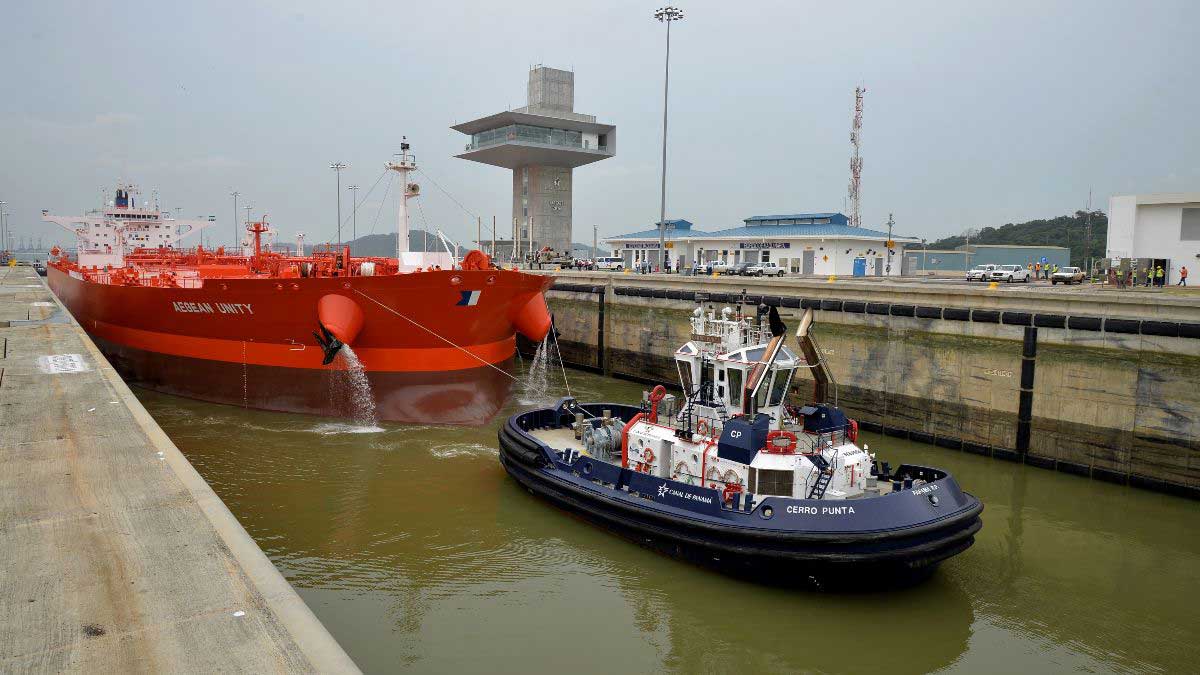Panama City, Panama, March 11, 2016 – The five international financial institutions partially financing the Panama Canal Expansion Program traveled to Panama earlier this week to see the 96.6 percent progress made thus far.
During their three-day visit to the Canal, representatives were guided through the Agua Clara and Cocoli locks, as well as the fourth phase of the Pacific Access Channel (PAC-4). They also toured the Canal´s training centers: the Center for Simulation, Research and Maritime Development (SIDMAR) and the new Scale Model Maneuvering Training Facility, which will train pilots and other waterway personnel to maneuver through the Expanded Canal. In addition, they visited the construction site of the third Panama Canal bridge, which will connect Colon to communities west of the Canal.
As part of the annual visit to the project, the representatives met with ACP executives and specialists to discuss the Expansion´s progress, timeline and personnel training.As part of the annual visit to the project, the representatives met with ACP executives and specialists to discuss the Expansion´s progress, timeline and personnel training.
The five institutions which agreed to procure partial financing of $2.3 billion in December 2008 for the Expansion Program are:
- Japan Bank for International Cooperation (JBIC) – $800 million
- European Investment Bank (EIB) – $500 million
- Inter-American Development Bank (IDB) – $400 million
- International Financing Corporation (IFC) – $300 million
- Development Bank of Latin America (CAF) – $300 million
This funding, agreed to 20 years with a ten-year grace period, stipulating that creditors will not intervene in the management or operation of the Canal and will not affect the Canal´s contributions to the National Treasury, as established by Law 28 of 2006 which approved the Expansion Program.
About the Panama Canal
The Panama Canal is run by an autonomous agency of the Government of Panama in charge of managing, operating and maintaining the Panama Canal. The operation of the Panama Canal Authority (ACP) is based on its organic law and the regulations approved by its Board of Directors. For more information, please refer to the ACP’s website: http://www.pancanal.com or follow us on Twitter @thepanamacanal.





